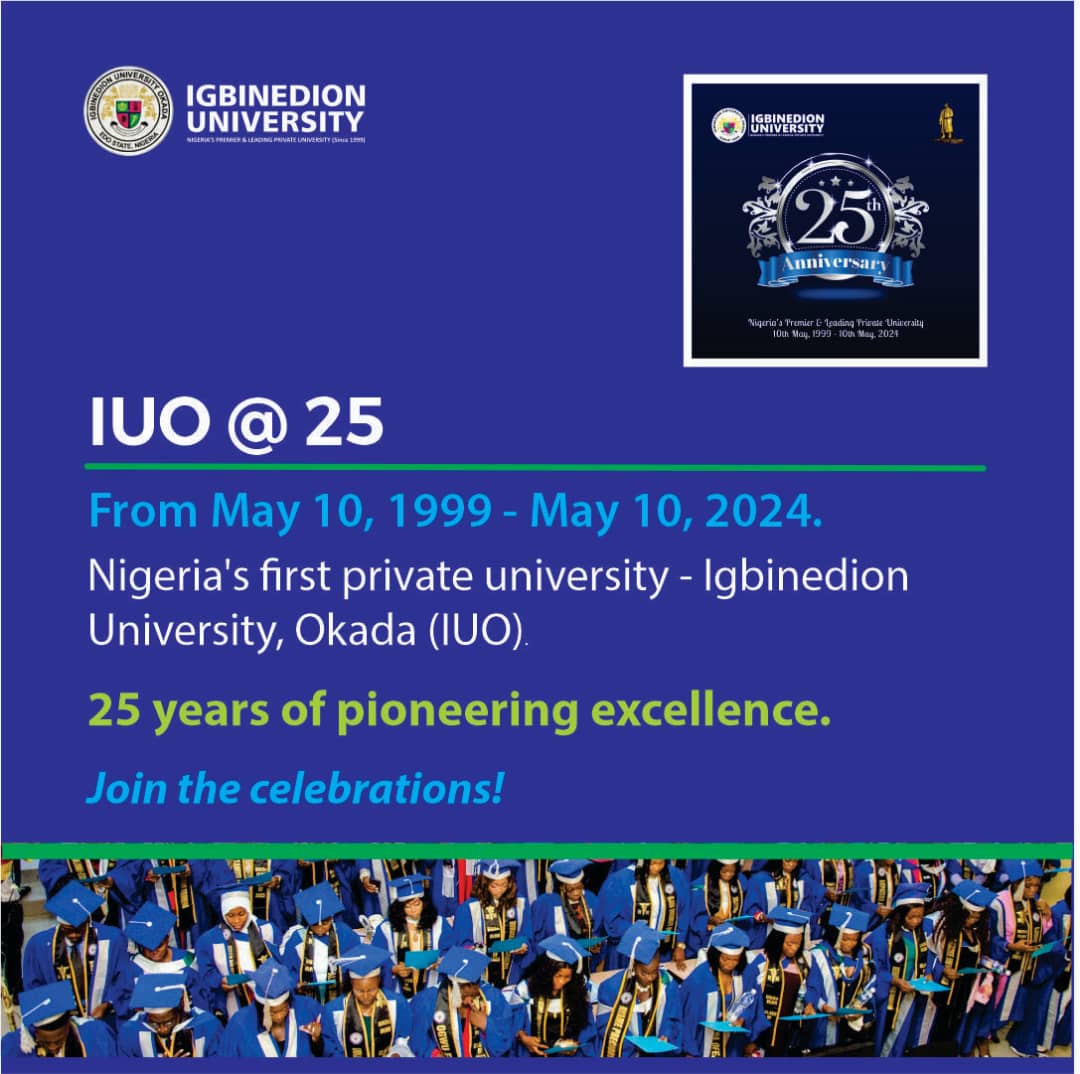EXCITING NEWS: TNG WhatsApp Channel is LIVE…
Subscribe for FREE to get LIVE NEWS UPDATE. Click here to subscribe!
The Minister of Communication, Mr. Adebayo Shittu has presented ways Information and Communication Technology (ICT) can further transform the Nigerian economy.
Mr. Shittu presented the ways while delivering a lecture entitled “Jobs nowhere but jobs everywhere: ICT to the rescue of unemployed youths and graduates” at the Faculty of Law, University of Ibadan.
Here are some of the ways he presented ICT can affect the Nigerian economy:
Direct job creations
ICT sector is one of the largest employers in the world. With the transformation of the world to more digitally connected one, ICT plays a vital role in the transformation.
Statistics shows that by the year 2020, ICT related jobs would have grown to grow to 22%.
“Building and running a fast broadband in the country will create jobs to the citizens especially in terms of bridging the broadband penetration gap between the urban and rural areas,” Shittu said.
“The more the broadband penetration increases, the more job opportunities in the other sectors of the economy as the broadband platform will allow for new and innovative means of providing services to customers thereby expanding businesses and creating new jobs,” he further stated.
Contribution to GDP growth (Broadband penetration)
There is a well quoted study that for every 10% increase in broadband penetration, there is a 1.3% increase in GDP. ICT is vital to the economic development of both developing and developed countries.
It is estimated that ICT has contributed to one quarter of GDP growth in most developing countries during the first decade of the 21st century.
The doubling of mobile data use caused by the increase in 3G connections boosts GDP per capita growth rate by 0.5% globally.
The internet accounts for 3.4% of overall GDP in some economies. Most of this effect is driven by the e-Commerce i.e. people advertising and selling goods online. Take Jumia for example, which is a classic example of how ICT is transforming to the businesses landscape in Nigeria.
“Nigerian Communications Commission (NCC) has recently fine-tuned its infrastructure provision licences for Infrastructure Companies (Infracos). Infraco licences have already been awarded to MainOne and IHS for South West and North Central zones respectively. This would help in achieving effective coverage of the country under the open access model thereby increasing the country’s GDP as more SMEs will be established,” Shittu said.
Emergence of new services and industries
Numerous public services have become available online and through mobile phones. The transition to cloud computing is one of the key trends for modernization. ICT has led to the emergence of new services and industries in the country.
For example, e-Government is changing the way governments operate by adopting ICT tools for greater productivity. It will also help in the development of the appropriate skills in e-government training for rural communities.
The adoption of e-Government will ensure that government services are readily accessible to citizens online. As we implement e-government, new skills have to be taught which will result in new jobs in government as well as services and business in the private sector.
The application of Internet of Things (IOT) paradigm to an urban context is of particular interest as it responds to the strong push of many national governments to adapt to ICT solutions in the management of public affairs thus realizing the Smart City concept. The final aim of Smart City is to make a better use of the public resources, increase quality of services offered to the citizens while reducing the operational cost of the public administration. The problems that would be tackled by the Smart City Initiative ranges from traffic flow control, energy management and distribution, healthcare, education, disaster response to public safety and security. This would help in creating more jobs in these sectors.
ICT Parks and Exhibition Centres are initiatives of the Ministry of Communications where different ICT parks and centers equipped with modern technology business-enabled environment will be established across the country with the aim of attracting ICT innovators and entrepreneurs to converge in a single location to exhibit ICT products and services, this will facilitate cross-fertilization of ideas and engender growth of new businesses.
Workforce transformation
New “Microwork” platforms developed by companies like eDesk, and eLance help to divide tasks into small components that can then be outsourced to contract workers. The contractors are often based in emerging economies. Microwork platforms allow entrepreneurs to significantly cut costs and get access to qualified workers.
ICT has also contributed to the rise of entrepreneurship, making it much easier for self-starters to access best practices, legal and regulatory information, and marketing and investment resources.
Business innovation
Social media has established itself as a powerful marketing tool. ICT tools employed within companies help to streamline business processes and improve efficiency.
Online companies like Nkataa started by placing adverts on social media sites (Facebook, Instagram, Twitter etc) before the boom of their business.
Start-up businesses at the comfort of their homes are able to create a customer base through advertising their business on their social media network platform with little or no advert cost attached.






